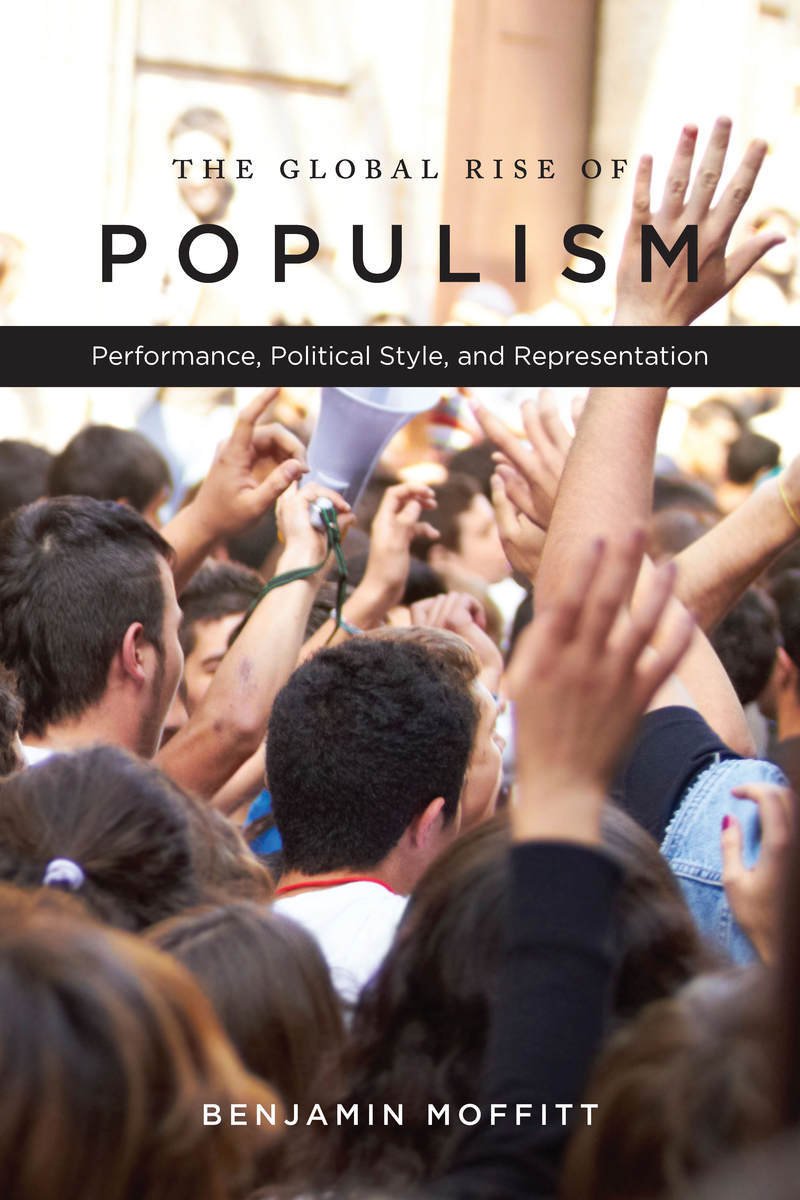In the labyrinthine corridors of power, where the air is thick with ambition and intrigue, President Joe Biden’s recent public appearance during a State of the Union Address has become a subject of much speculation and humor. With an energized demeanor that seemed to defy his octogenarian status, rumors swirled about unspecified stimulants being the secret behind his vigor. This narrative, while exaggerated and humorous at its core, opens up a Pandora’s box of perceptions regarding politicians’ behavior when the cameras are off.
To dissect this phenomenon with the incisiveness it demands, we delve deep into the juxtaposition between public personas and private realities in political life. It’s essential to approach this analysis by peering through a lens that magnifies beyond mere appearances or sensationalist rumors.
Interviews with political analysts and insiders reveal a complex tapestry of expectations placed upon leaders in our modern era. “The demand for perpetual energy and charisma on public platforms can be incredibly taxing,” notes Dr. Helena Forsythe, a political psychologist. “While stimulants are not the answer, there’s no denying that politicians often resort to various means to meet these unrealistic standards.”
Drawing from historical precedents—such as JFK’s use of pain relief injections for back issues which inadvertently contributed to his vibrant public image—the conversation around Biden’s purportedly stimulated speech uncovers deeper questions about authenticity versus performance in politics.
The fictitious scenarios spun around Biden’s address—ranging from him performing backflips post-speech to engaging in midnight marathons around the White House lawn—are caricatures that speak volumes about our collective fascination with what happens behind closed doors in Washington D.C. These exaggerated tales serve as metaphors for the almost superhuman expectations projected onto figures who are ultimately human.
However, it would be remiss not to acknowledge how these narratives also reflect societal anxieties over leadership capabilities amidst pressing global challenges. In an age marked by information overload and skepticism towards authority figures, such humorous takes can act as pressure valves; they allow society to engage with their concerns indirectly through satire.
Deep diving into this cultural phenomenon underscores an essential truth: Politicians navigate a tightrope walk between maintaining their authentic selves while adapting personas that resonate on national stages—a balancing act fraught with potential pitfalls but also opportunities for genuine connection if navigated wisely.
As we peel away layers from exaggerated stories like those surrounding Biden’s State of Union Address demeanor, what emerges is not just laughter but also an invitation for introspection about our expectations from those we elect into positions of power. In understanding these dynamics better, perhaps there lies hope for fostering more nuanced relationships between leaders and constituents—one where reality isn’t overshadowed by myths or unattainable ideals.
